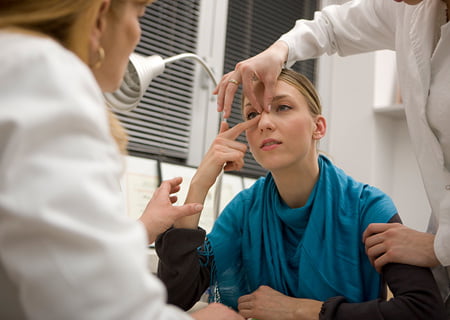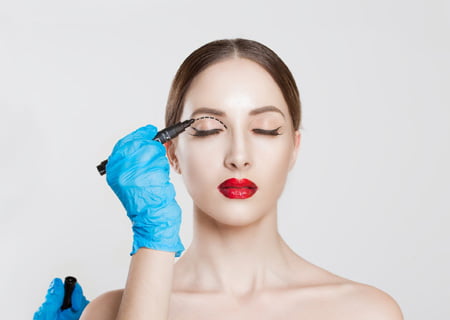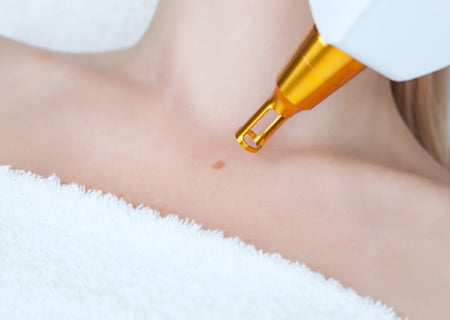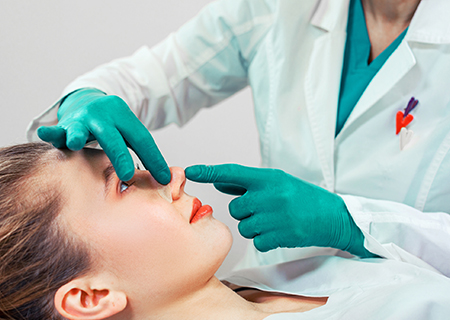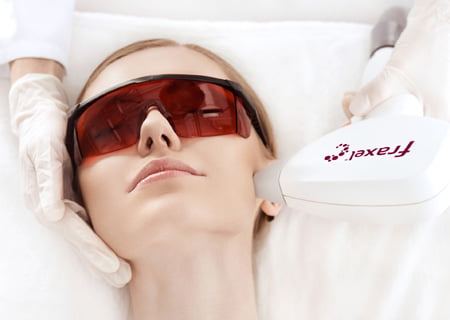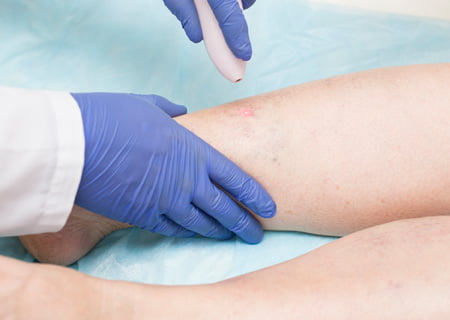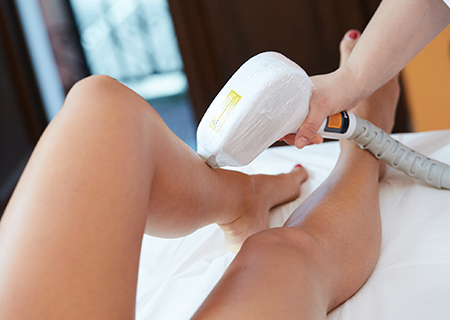Facelift Recovery: What to Expect After Surgery
Facelift recovery is a little different for everyone, but for the most part, your surgeon can anticipate your needs and help you recover as comfortably as possible. For most people, recovery takes anywhere from four to eight weeks. If you are planning on having facelift surgery, then the following information about what you should expect during recovery can help you make better decisions about your care.

Day One
Immediately after your facelift, you may experience some discomfort, but you will be provided with pain medication to mitigate this. Swelling will be evident, and while some bruising is possible, this is typically not immediately noticeable. You will have sutures, and these will be covered with very loose bandages to help reduce swelling. Depending on the nature of your facelift surgery, you may also have a drainage tube that can prevent drainage from collecting under your skin.
Days Two through Five
People also search
The first few days of facelift recovery are often the most difficult for patients. Swelling and bruising will likely peak during this time, so your surgeon will likely advise you to take anti-inflammatory medications and/or pain medications to help with the discomfort. Some patients even report numbness during this time, which is normal. You will need to keep your sutures and dressings dry, too. You can reduce discomfort even further by limiting head movement and by keeping your head elevated as much as possible.
Weeks One and Two
After the first few days, you will go back to the surgeon for a postoperative appointment to have your sutures and drainage tubes (if applicable) removed. The surgeon will also check your healing progress and look for any potential signs of infection. This will occur throughout your facelift recovery. You should keep activity to a minimum for the first two weeks, though a slow walk or some stretching is encouraged to help you get back into your daily routine.
Weeks Three through Six
Starting in week three, you should see a drastic reduction in puffiness and bruising, which means you will feel better about showing your face to the world. Though you may feel as if you are healed, you should avoid alcohol, tobacco products, hot showers, and saunas until six weeks have passed, and you should not return to any vigorous activity or heavy lifting until your surgeon provides you with clearance to do so. You should see your final results during this period, and by the sixth week, you should be almost completely healed.
Post-Surgical Blues
Aside from physical facelift recovery, many patients may feel down or even depressed following their facelift surgery. This is common, and it can be triggered by many different things, including the unexpected severity of swelling and bruising, or even your new look. You may feel self-conscious or afraid to show your face to the world. If these feelings of being down or depressed do not subside within a few days, contact your surgeon for advice.
Factors that Affect Facelift Recovery
The timeline above is general in nature as everyone experiences facelift recovery different. There are numerous factors that can play into your exact recovery time. These include:
- The extent of your surgery – Facelifts can be relatively simple or quite complex. Generally speaking, the more complex your surgery, the longer recovery will take.
- Skin health – The health of your skin will determine how readily it heals and how soon the inflammation and bruising subside.
- Your personal discomfort tolerance – Everyone experiences pain and discomfort differently, but your surgeon will work with you to manage it throughout your facelift recovery.
- Your overall health – People who are generally fit and healthy tend to recover much more quickly than those who are overweight or who have underlying medical issues.
Your facelift surgeon can provide you with more information about your anticipated recovery based on the specific procedure you will have and your personal health. These guidelines are not exact, and they exist to help you better prepare for your facelift recovery.
